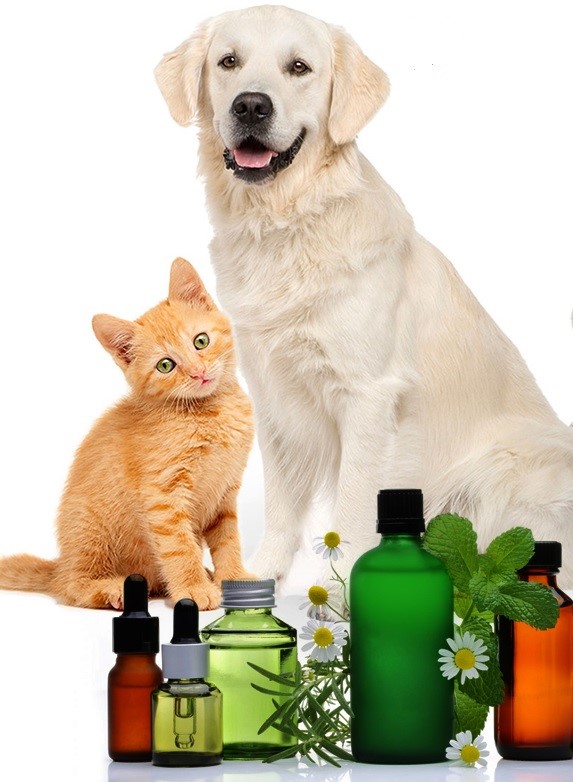People have always found relief from body ache and pain through natural oils and herbs. Many people are already familiar with essential oils which are regarded as the best form of alternative medicine when it comes to relieving body pain. The essential oils are natural compounds which are extracted directly from plants. The oils retain the scent and flavor of the plants or flower, which is called ‘essence.’ The essential oils are applied to the skin, and the chemical is absorbed. There are many aromatic compounds that provide each oil with a unique essence. The aromatic chemicals are extracted from plants and then added with a carrier oil. Mostly, the essential oils are obtained through different methods such as distillation, or process of cold pressing. The essential oils extracted by other chemical process are not categorized as true essential oils.
There is a growing trend of people using and benefiting from essential oils for relaxation, cleansing their bodies, and other health purposes. Many of the essential oils are made from natural compounds so have no or little side effect to humans, but the same cannot be said for animals who have more sensitive skin as compared to humans. People like animals and love to keep a cat or a dog as a pet in their house. Pets are very common and nearly every house has a cat or a dog and even both. Commonly, people share things with their pets, which mostly includes food items, but many people also like to pamper their furry felines and dogs with natural and essential oils.
The oils are made from natural plant matter, and the molecules tend to react with the compounds present in the human body. There is a wide number of essential oils and while many tend to be effective for our skin, but they may not mix well animals. Some of the essential oils may react negatively with the animal’s body chemistry and result in a problem for the animals. The cats and dogs, in particular, have a very strong sense of smell and the aromatic chemicals of some essential oil act as irritants on them. It is therefore advised that you should know which essential oils are good for the pets and which are not. Some of the essential oils that are toxic to cats include Wintergreen, Cinnamon, Pine, Clove, Lavender, and Oregano. Some of the essential oils not suitable to dogs are Pine, Sweet Birch, Juniper, Clove, Wintergreen, and Yarrow.
There are many studies and researches that show that the aromatic chemicals extracted from seeds, barks, flowers, stems, and roots of the plants are quite potent and can be beneficial for the cat and dogs. The essential oils safe for animals can be used for treating flea infection, tick prevention, skin allergies, and anxiety issues in pets. The common essential oils that are considered safe for pets such as cats and dogs are
- Chamomile
It is anti-inflammatory and helps with wounds, eczema, burns, and skin irritation in dogs. Chamomile oil also relieves the mental and emotional stress in animals. The oil also helps the animals to have a restful sleep
- Cedarwood oil
The cedarwood oil is best for protecting the dogs against pest attacks. It also serves as a calming agent and improves blood circulation and lung function.
- Frankincense Oil
The Frankincense oil is best for both cats and dogs and can help to counter the germs and infections in animals and also aid in the treatment of cancer. The oil also reduces the stress and instill a feeling of confidence
- Cardamom oil
Cardamom oil is best for improving digestion and treating heartburn. The oil also helps to improve the appetite of cats and can be given for coughs.
- Spearmint oil
The spearmint oil can control the metabolism in cats and also help to treat nausea and diarrhea
- Lavender oil
The lavender oil may be harmful to the cats, but it is quite effective in getting rid of fleas from the dogs. The oil also relaxes the sore muscles of the dogs.
The things that you need to know while administering essential oils to your pet cat or dog are
The DO’S
- You should dilute the content of the essential oil with water or some carrier oil
- First, use or apply on a small part of the skin and use little quantity
- See how your cat or dog react to the essential oil
The DON’T
- Do not apply the oil near sensitive part of the animals such as eyes, nose, and mouth
- Do not use warm oils such as wintergreen and peppermint
- Do not use high phenol oils such as oregano, clove, and thyme
The guidelines you need for specific pets are, for
- Cats
You first take 1 drop of essential oil and add 4 drops of carrier oil. You should apply oil to their paws and avoid using citrus oils and
- Dogs
You should begin with 1 or 5 drops depending on the size of the dog. You should dilute the essential oil and apply the oil on the paws and not use the oil internally.
Author Bio:
Mary Thompson works as in fitness center and also writes online on beauty and fitness tips. She recently discussed the importance of using essential oils in curing ache and infections and also about the essential oils safe for animals. She has written on the type of essential oils beneficial to the pets and how can they be administered.

